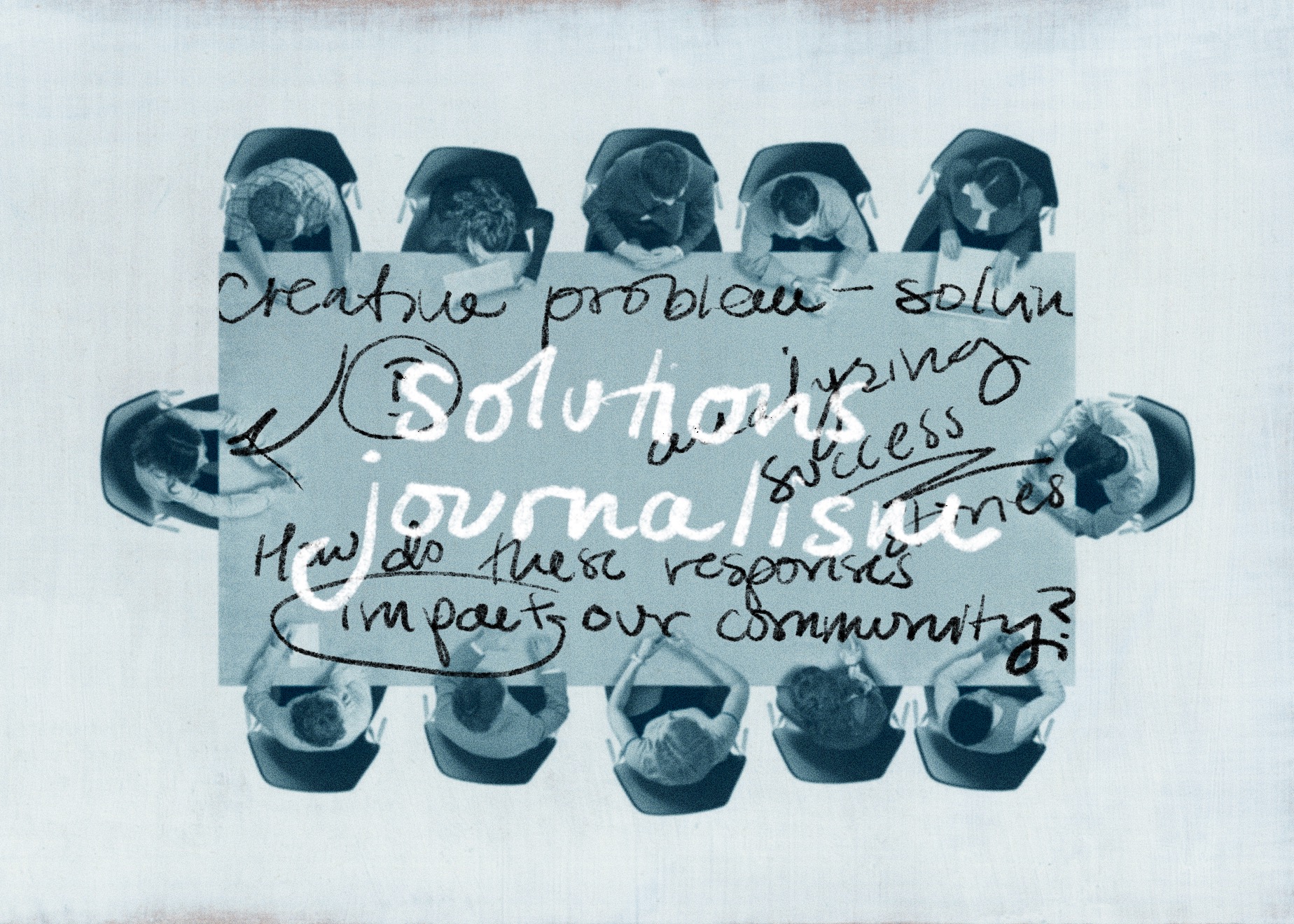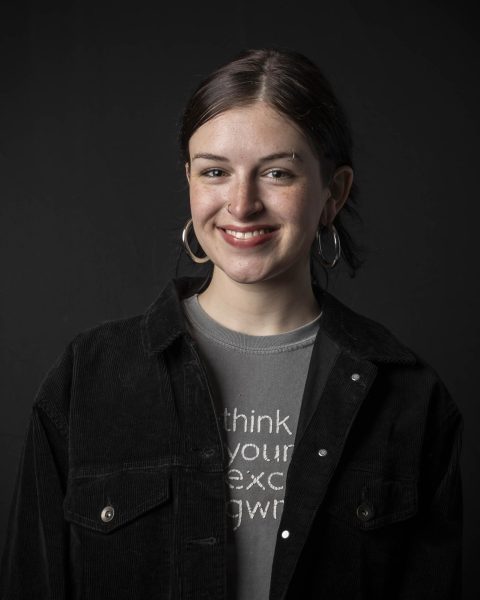
The Columbia Chronicle was awarded a $10,000 solutions journalism grant to report on the ways colleges and universities are supporting students with anxiety and depression.
The grant, which also went to seven other journalism programs and student-run publications, is part of the “Student Media Challenge” organized by the Solutions Journalism Network. Solutions journalism investigates and explains how people try to solve widely shared problems.
Some other student newsrooms awarded the grant include the Daily Tar Heel at the University of North Carolina-Chapel Hill, the Collegian at Fresno State University in California and The Triangle at Drexel University in Philadelphia.
“I’m hoping that this grant will allow us to produce creative, inclusive journalism,” said Chronicle News Editor Leah Love. “The resources the grant provides us with will allow us to expand the Chronicle beyond our usual scope and go deep on a subject that touches us all.”
Details: This year’s challenge centers on the “complex and vexing mental health issues” university communities face. A national survey released by Healthy Minds Network indicated more than 60 percent of college students in 2021 suffered from at least one mental health problem, their needs outstripping whatever services are in place to assist them.
“A lot of the reporting about mental health issues afflicting students explains the problem and documents the problem,” said Sharon Bloyd-Peshkin, who teaches a solutions journalism course in the Communication Department. “Solution journalism takes a different approach. It acknowledges the problem for sure, but it centers responses and specifically responses that are effective,” she said.
Each of the eight selected groups, from a total 40 applications, submitted detailed plans on how they would go about the challenge; for example, The A&T Register in North Carolina will focus on the accelerants of mental health struggles. Southern California’s Pepperdine University will look specifically at the how climate change impacts mental health in their community.
What the Chronicle will be doing: The Chronicle will investigate and report on different ways educational institutions are supporting students struggling with mental health, particularly anxiety and depression.
Faculty Advisor Jackie Spinner submitted the grant application on behalf of the Chronicle. The newsroom will produce stories in both English and Spanish and distribute online, through social media and a podcast. The Chronicle will also release a special print edition in December 2023.
The grant money will primarily be used to hire student reporters and producers — as well as support collaboration with at least two other student newspapers in Chicago.
“We really hope to use this opportunity to partner with other student media outlets, to help train their newsrooms, too, in how to do solutions journalism,” Spinner said. “I’m big on collaboration, especially when we are all trying to do important journalism with fewer resources.”
Echo magazine, which is produced each spring through a course in the Communication Department, will also be part of the project.
Background: The Student Media Challenge was first introduced in 2022 and is now in its second year. The program provides training and support alongside the grants from SJN, founded in 2013, to college and university newsrooms as a way to further incorporate solutions journalism in their operations.
Bloyd-Peshkin describes solutions journalism not as “good news” stories but as stories that “delve into responses and explain how they work, and document how they’re effective and what they are not able to achieve, and provide insights to anybody seeking to address the same or related problem.”








